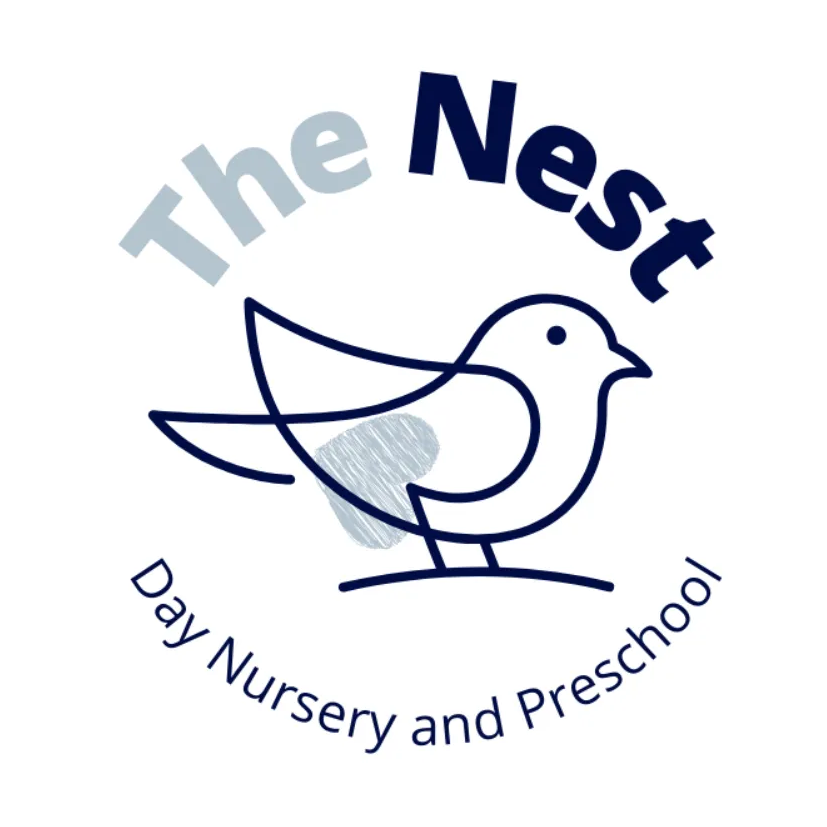The Importance of Play in Early Education at our nursery
- Jun 5
- 2 min read
Updated: Jul 3
The Importance of Play in Early Education at Our Nursery
Play is a fundamental aspect of early education, especially in a nursery setting. It serves as a vital tool for children's development, fostering not only their cognitive skills but also their social, emotional, and physical growth. At our nursery, we recognise the significance of play in creating a rich learning environment.
Cognitive Development
Through play, children engage in activities that stimulate their imagination and creativity. This engagement promotes critical thinking and problem-solving skills. For instance, when children participate in role-playing games, they learn to navigate different scenarios, enhancing their understanding of the world around them.
Social Skills
Play provides a natural context for children to interact with their peers. It encourages cooperation, negotiation, and conflict resolution. In group play settings, children learn to share, take turns, and communicate effectively. These social interactions are crucial for developing strong interpersonal skills that will serve them throughout their lives.
Emotional Growth
Playing allows children to express their emotions and understand the feelings of others. It offers them a safe space to explore different roles and scenarios, which can help them process their experiences. By engaging in imaginative play, children can work through their feelings, leading to greater emotional resilience.
Physical Development
Play is also essential for physical development. Activities such as climbing, running, and manipulating objects help children develop their motor skills and coordination. Our nursery incorporates both structured and unstructured play, ensuring that children have ample opportunities to enhance their physical abilities in a fun and engaging way.
Encouraging Lifelong Learning
At our nursery, we believe that play lays the foundation for a love of learning. When children enjoy their learning experiences, they are more likely to develop a positive attitude towards education as they grow. By fostering a playful environment, we encourage curiosity and a desire to explore, which are key components of lifelong learning.
Conclusion
In summary, play is an essential element of early education in our nursery. It supports cognitive, social, emotional, and physical development, while also instilling a love for learning. By prioritising play in our educational approach, we aim to provide a holistic and enriching experience for every child in our care.
The nursery experience is not just another step in education; it's a crucial phase in a child's early life. This phase nurtures essential academic skills and plays an important role in social and emotional development. By looking closely at what young learners go through during these formative years, we can better appreciate the value of this early experience.
At the heart of Nursery is play-based learning. This method encourages children to explore their surroundings through engaging activities. Instead of memorising facts, they participate in games and group projects that enhance creativity and critical thinking.
For instance, when children participate in building block activities, they learn about balance and symmetry while developing spatial awareness. A study by the American Academy of Pediatrics found that play-based learning can increase children’s cognitive skills by up to 30%. This hands-on approach allows children to express themselves and fuels a natural curiosity that sets the stage for future learning.




Comments